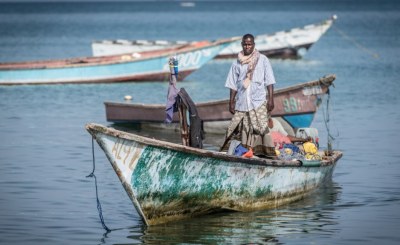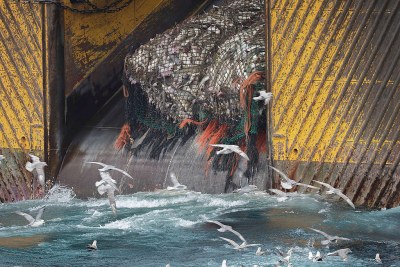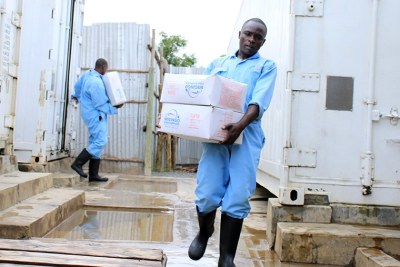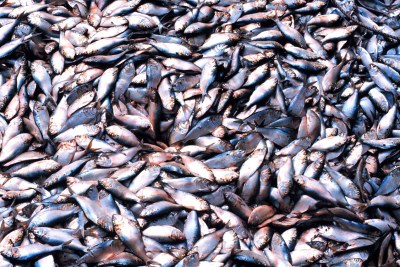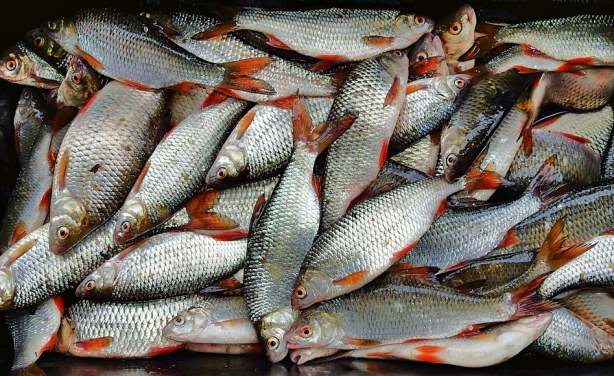-
Africa: African Countries Must Protect Their Fish Stocks From the European Union - Here's How
The Conversation Africa, 15 February 2022
Fisheries serve as a source of employment for millions of people in the small scale sector on the coastline of Africa. Their fishing activities, in turn, provide food security to… Read more »
-
West Africa: Foreign Fishing Fleets Exploiting West, Central African Coasts - Researchers
Premium Times, 9 February 2022
Most of the trespassers are Chinese fleets that hamper the activities of artisanal fishers. Read more »
-
Africa: African Marine Rules Favour Big Industry, Leaving Small-Scale Fishers in the Lurch
The Conversation Africa, 19 November 2021
The African marine fisheries sector is huge. It's valued at more than US$24 billion per year. Read more »
Why African Countries Must Protect Their Fish Stocks From the EU
Fisheries serve as a source of employment for millions of people in the small scale sector on the coastline of Africa. Their fishing activities, in turn, provide food security to over 200 million Africans. To regulate the fishing industry, African countries have signed numerous agreements with trading blocs such as the European Union (EU). The EU has two forms of Sustainable Fisheries Partnership Agreements with African states: the tuna agreement and the mixed agreement.
The tuna agreement allows EU vessels to pursue migrating tuna stocks as they move along the shores of Africa and through the Indian Ocean.
The mixed agreement allows EU vessels access to a wide range of fish stocks in the coastal state's exclusive economic zones. But while these agreements contribute revenue to coastal states, who cannot extract the resources themselves, they are not all that they seem.
Some African countries are trying to address the problems of unsustainable fishing through the introduction of new policies and management practices. Firstly, subsidies paid by EU members states to their fishing industries must be denied to repeat offenders of illegal, unreported, and unregulated fishing. African countries should prioritise investment in their industrial fishing sector, writes Ifesinachi Okafor-Yarwood for The Conversation.
InFocus
-
While governments in Senegal, Mauritania and The Gambia have been carrying out emergency food distributions to local communities in the wake of the Covid-19 pandemic, a new ... Read more »
-
Kenya will soon ban fish imports from China as it has enough fish stocks in its lakes, rivers and the ocean, the national assembly's agriculture committee has confirmed. MPs ... Read more »
-
Fishing is seen as a relatively untapped sector for Africa's development and prosperity. It is unlikely to bear fruit though unless the exploitation of marine resources is curbed. ... Read more »

